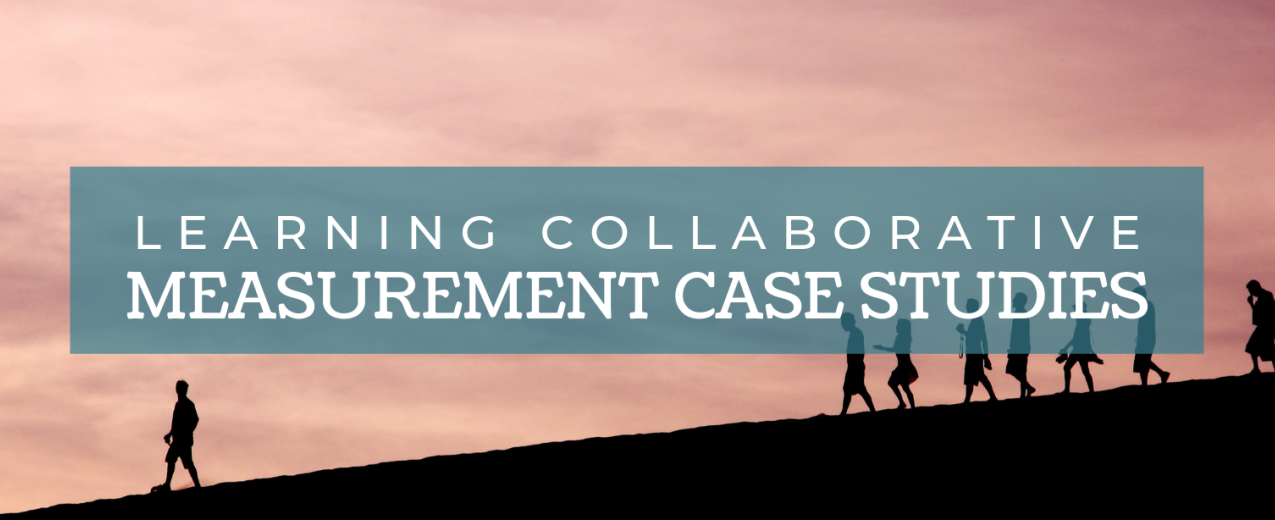
- Project summary
- 17 December 2020
Maisha: Microfinance and Gender Training to Reduce Violence Against Women
- Author: Rebecca Justus
- Published by: Social Norms Learning Collaborative
Organizations involved
Summary
Maisha (2014-2019), which means ‘life’ in KiSwahili, combines a group-based microfinance intervention with a participatory gender and HIV training curriculum to decrease physical and/or sexual partner violence. Maisha uses a participatory gender training curriculum with adult women both receiving and not receiving microfinance to reduce women’s exposure to intimate partner violence (IPV) in Tanzania.
Social norms of interest
Intimate partner violence; gender equity; community support for abused women
Behaviors of interest
Intimate partner violence
Project components
Women who are already receiving microfinance are recruited and randomized to either: receive participatory gender training in addition to microfinance or to continue receiving microfinance alone. Women who are not receiving microfinance are recruited and randomized to either: receive participatory gender training or to receive no intervention. The participatory gender training included 10 sessions on 10 different topics such as gender and power and met bi-weekly in groups of 20 women
Social norms measurement
Baseline and endline surveys, In-depth interviews
Key findings to date
Results of intervention forthcoming. Preliminary results focus on high prevalence of partner controlling behavior, followed by emotional abuse and economic abuse. Prevalence of IPV and other abuse varies by socio-demographic characteristics with young women, those with young partners, and those with less education having higher prevalence rates.

Back to the "Map of social norms-focused interventions and research"
- Data collection methods:
- Interview